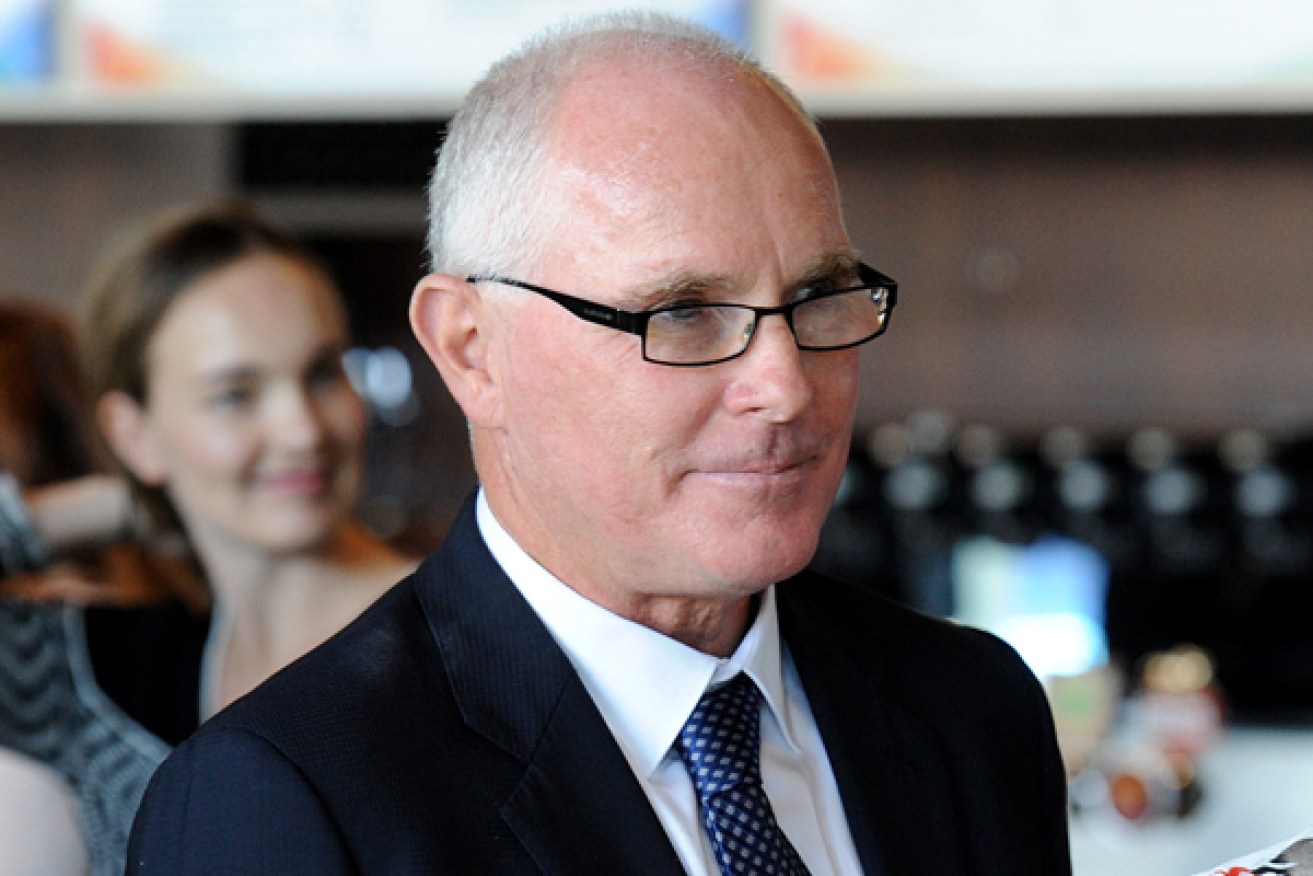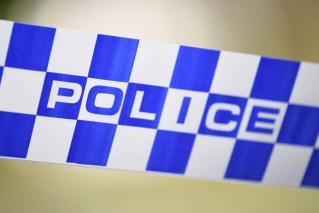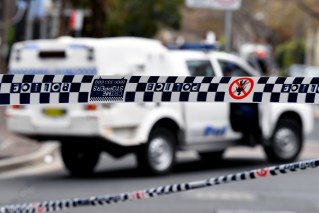The impeccable Michael Gordon: A journalist’s journalist remembered


Mr Gordon, 62, died of a suspected heart attack while swimming on Saturday. Photo: AAP
In 1973, in the first weeks of his cadetship at The Age, Michael Gordon was sitting in a journalism class at Melbourne’s RMIT when the lecturer decided to read out one of his A+ assignments.
He probably shifted uncomfortably in his seat at the prospect. Humble throughout what would become a stellar 45-year career, Michael was shy to the point of awkwardness back then.
Sitting a couple of rows behind the then 17-year-old that day, I could only marvel at the maturity of his work. Astonishingly, I can still recall some of the phrases he used in the piece.
I wasn’t the only student in that class that day who realised they’d have to up their game if they were going to make it in the profession. It would not be the last time Michael would inspire me or an audience with his work.
Michael, who we lost on Saturday in the waters off Phillip Island at just 62, was a natural from the get-go. This probably had more than a little to do with being the son of legendary Melbourne journalist and editor, Harry Gordon.
They shared a unique personal and professional bond built on a love of words and the search for truth. Michael read the first and last paragraphs of his key pieces to his father pretty much up to the day Harry died just three years ago.
Michael was a determined fact-checker, something that comes through in the scores of tributes that have flowed since his death, particularly from the many politicians he reported on in Canberra and beyond.
He would almost always ring his sources back and check that he had it right before sending his copy. He’d check tone too. Was the story pitched correctly?
It was no surprise that key players on all sides of politics talked to him willingly. His sources were impeccable because he treated them impeccably.
It explained why, less than a decade into his career, Michael was the leading industrial relations journalist in the country at a time when Bob Hawke was on the rise and the union movement was at its peak.
As an industrial reporter myself, I witnessed his excellence at close quarters because in those days we shared the same digs at Carlton’s Trades Hall. Michael bested us most days but was incredibly generous on the rare occasions The Herald and The Sun reporters turned the tables on him.

A young Michael Gordon with Bob Hawke. Regardless of which side of politics you were on, to know him was to love him. Photo: Fairfax/Craig Abraham
In 1987 we finally got to work together when Michael agreed to become the US correspondent for The Herald in Melbourne. (Now defunct, its name lives on today as one half of the Herald Sun masthead.)
It was an enormous decision for him because it meant leaving The Age where he’d further enhanced his reputation with a move to Canberra.
He proved to be a brilliant foreign correspondent, understanding that the best of them write for the entire paper, not just page one.
Michael would routinely file stories that led all sections – news, business, features, sport, entertainment. He did it with ease and grace, even though he and his wife Robyn – a book publishing executive who Michael worshipped – became first-time parents soon after his posting to New York.
(A music lover, Michael also discovered singer-songwriter Tracy Chapman in a bar, long before the record companies did. But that’s another story.)
He got the chance to return to Melbourne and The Age when it launched a Sunday edition in 1989. Again, happily, we found ourselves working together, he in Canberra as the paper’s first political correspondent, me in Melbourne as deputy editor.
Michael earned his entire first month’s salary with a single master stroke: he somehow convinced then prime minister Bob Hawke and his deputy Paul Keating to pose together for our launch issue, despite the enmity between them. The resultant page one was museum quality.
He was a terrific political correspondent and led the paper most weekends with agenda-setting news breaks. His political analysis was first-rate too.
When I became editor of The Sunday Age in 1992 my first move was to make Michael the paper’s deputy editor.
He brought tremendous rigour to the role, demanding the best of our journalists and curbing the worst instincts of the editor.
And it was that integrity that defined Michael. Not only in journalism, but all his personal and professional relationships. He was incapable of deceit. And he adhered to the highest of principles, no matter what.
Former Sunday Age sports editor, Geoff Slattery, summed it up best when he said of Michael: “The link was integrity and honesty and, in journalism, that rare capacity to never let personal views get in the way of the facts; even in his campaigns for indigenous rights and the rights of asylum seekers, his personal view was only to ensure the story was continued, and then let the story tell itself.”
In 1994 The Australian’s Paul Kelly lured Michael away from executive life, back to Canberra. I understood the decision, even if hurt me – and The Sunday Age – to lose him.
His departure ended a seven-year run of working together rather than at rival organisations. We never did again. It’s a time I’ll treasure even more now.
Michael would go on to earn his place at the very highest levels of Australian journalism, winning plaudits and honours along the way. He deserved every single one of them.
When he retired just eight months ago, we dined with our wives at a modest restaurant in the Melbourne suburb where we both lived. We reflected on lives and careers that had been kind to us and looked to the future.
Michael and Robyn had just become grandparents for the first time, after their daughter Sarah, born all those years ago in New York, had presented them with a grandson, named after Harry. Their son Scott is an aid worker in Africa.
Michael was a man in full that night, looking forward to more surfing, more travel and, God forbid, more Hawthorn premierships.
Late in the night, he admitted to some nervousness at what lay ahead given the state of our industry: Journalism was struggling and newspapers were in undoubted decline.
We consoled ourselves by acknowledging that the Class of ‘73 had been more fortunate than most. The golden age of newspapers had allowed us to catch waves that carried us all the way to the beach.
As a surfer, he liked that image. But as good as the ride was, his wave still closed out too soon.








